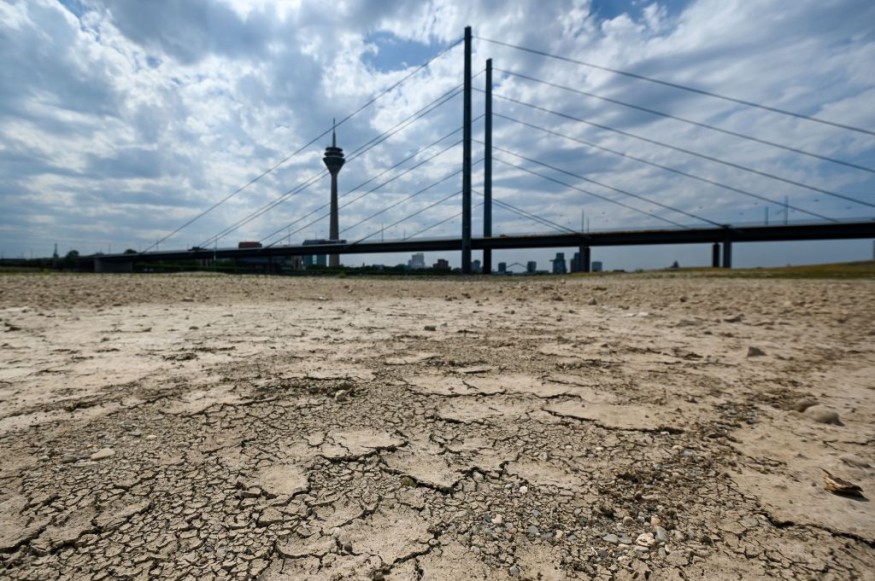Extreme heatwave events are likely to worsen in the short-term future after a new study found the continuance of anthropogenic greenhouse gases. The new research claims that various weather and climatic factors, including atmospheric circulation, will further increase intense heat by 30% sooner or later.
The study re-affirms human-caused climate change and global warming, due to greenhouse gas emissions, remains the main contributor toward the looming heatwave threat. While still hypothetical, the findings had its concrete basis from the lethal 2021 West North America summer heatwave.
In late June 2021, a total of almost 1,500 people died in the said sub-continental region, as acknowledged by the study. The large number of heat-related deaths include individuals from the states of Washington and Oregon, as well as the Canadian province of British Columbia.
The aftermath of the catastrophic natural event led to the emergence of multiple studies pertaining to extreme weather events. Published research include the intensification of wildfires in the United States and discovery of a 1,200-year drought in the southwestern North America.
Unprecedented Heatwave

Led by the Institute of Atmospheric Physics - Chinese Academy of Sciences, the new paper published in the journal Advances in Atmospheric Sciences on July 22. The study examined what transpired during last year's unexpected extreme heatwave.
The study's lead author Chunzai Wang also looked at the massive die-off of marine animals off the coast of Western US and the occurrence of horrific wildfires, as mentioned by the American Association for the Advancement of Science (AAAS).
Based on their analysis, Wang and his colleagues asserted that atmospheric circulation patterns and human-caused emissions led to the 2021 North America heatwave.
As the planet continues to warm, air flows and surface air temperatures can change natural warming from the Sun, atmospheric internal variability, and Earth's rotation, Wang adds, as cited by the AAAS.
Also Read: Heat Wave to Hit the Midwest and Southern United States Next Week, Reaching 100 Degrees Fahrenheit
European Heatwave
The study came at a time when an unprecedented heatwave ravaged several countries with Europe, triggering wildfires in Portugal, Spain, and France, as well as Morocco in North Africa.
The World Health Organization (WHO), through its regional director for Europe, Hans Kluge, stated a total of more than 1,700 deaths in Spain and Portugal were attributed to the extreme heat, as cited by phys.org.
In the new study, the China-based research team also acknowledged that July 19 was the hottest day ever recorded in the United Kingdom, wherein temperatures reached over 40 degrees Celsius (104 degrees Fahrenheit).
The sweltering heat confirms the theory of climate forecasters of what the normal temperatures would be like during summer weather in the UK by year 2050.
Climate Crisis
Anthropogenic greenhouse gases have been evident as a fuel for the ongoing climate crisis, as claimed by the new research. The notion is not new, however, the extreme weather pummeling the Northern Hemisphere is one of the many manifestations of climate change for the longest time.
United Nations Secretary-General Antonio Guterres said that while the climate emergency is a race humanity is losing, it is still a race that we could win.
© 2025 NatureWorldNews.com All rights reserved. Do not reproduce without permission.





